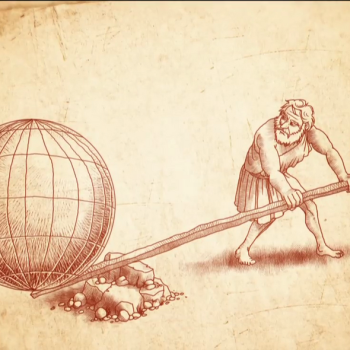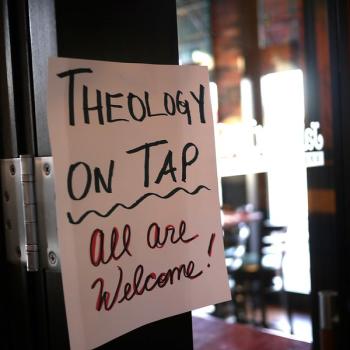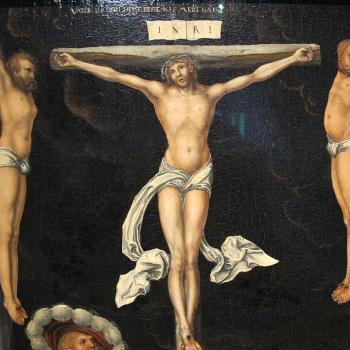CNN, of all places, has a helpful followup to our discussions of youth ministry, drawing on some recent books to describe the whole range of teenager belief. If you are a parent of teenagers or a pastor, you will want to read the whole article: via Author: More teens becoming ‘fake’ Christians – CNN.com. A sample:
If you’re the parent of a Christian teenager, Kenda Creasy Dean has this warning:
Your child is following a “mutant” form of Christianity, and you may be responsible.
Dean says more American teenagers are embracing what she calls “moralistic therapeutic deism.” Translation: It’s a watered-down faith that portrays God as a “divine therapist” whose chief goal is to boost people’s self-esteem.
Dean is a minister, a professor at Princeton Theological Seminary and the author of “Almost Christian,” a new book that argues that many parents and pastors are unwittingly passing on this self-serving strain of Christianity.
She says this “imposter” faith is one reason teenagers abandon churches.
“If this is the God they’re seeing in church, they are right to leave us in the dust,” Dean says. “Churches don’t give them enough to be passionate about.”
And yet, the article also demonstrates the strong faith that many teenagers have:
Anne Havard, an Atlanta teenager, might be considered radical. She’s a teen whose faith appears to be on fire. . . .
Havard says her faith has been nurtured by what Dean, the “Almost Christian” author, would call a significant faith community.
In 2006, Havard lost her father to a rare form of cancer. Then she lost one of her best friends — a young woman in the prime of life — to cancer as well. Her church and her pastor stepped in, she says.
“They called when all the cards stopped,” she says.
When asked how her faith held up after losing her father and friend, Havard didn’t fumble for words like some of the teens in “Almost Christian.”
She says God spoke the most to her when she felt alone — as Jesus must have felt on the cross.
“When Jesus was on the cross crying out, ‘My God, why have you forsaken me?’ Jesus was part of God,” she says. “Then God knows what it means to doubt.
“It’s OK to be in a storm, to be in a doubt,” she says, “because God was there, too.”












